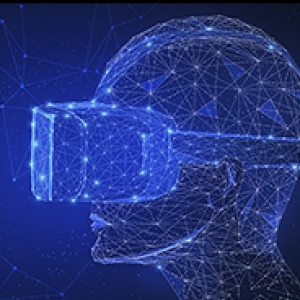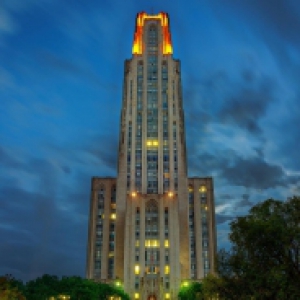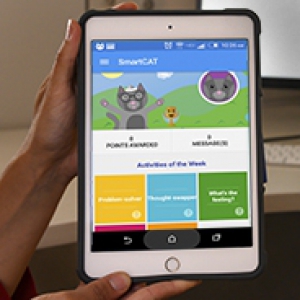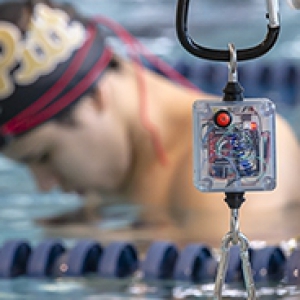School of Health and Rehabilitation Sciences

Tuesday, December 3, 2019
Imagine struggling to see, listen or make movements in half of your environment. For 29% of stroke survivors, rehabilitation means addressing a condition called unilateral spatial neglect. With a $1.18 million grant from the National Science Foundation, researchers from the University of Pittsburgh and Northeastern University are developing a brain-computer interface using augmented reality to better detect, assess and rehabilitate those patients.

Wednesday, November 20, 2019

Monday, November 11, 2019
Pitt researchers Jennifer Silk and Bambang Parmantohave developed a tool that helps kids and adolescents better manage their anxiety. And now, they’re working with Pitt’s Innovation Institute, local pediatrics offices and schools to make it widely available to the public.

Wednesday, November 6, 2019
Since his installation this February as University Counseling Center director, Jay Darr has hit the ground running, streamlining the center’s intake process and rolling out ThrivingCampus, an online directory connecting Pitt students to outpatient therapy resources.

Friday, August 9, 2019
A University of Pittsburgh research team has developed a new device for swimmers, called Impulse, which measures force production to aid coaches and athletes in determining better ways to improve performance and prevent injury. And they’re starting with students on Pitt’s Swimming and Diving team.

Friday, July 12, 2019
Through partnerships with grocery stores and government entities, Judy Dodd, an assistant professor of nutrition and dietetics, has been educating students and consumers on healthier eating habits for decades. The Retail Dietitians Business Alliance recently honored her work.





